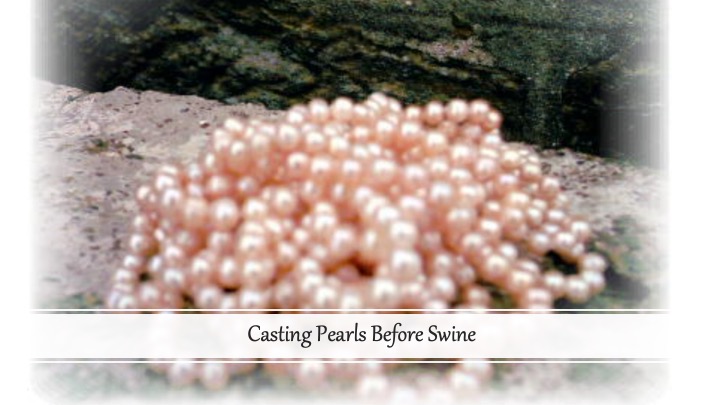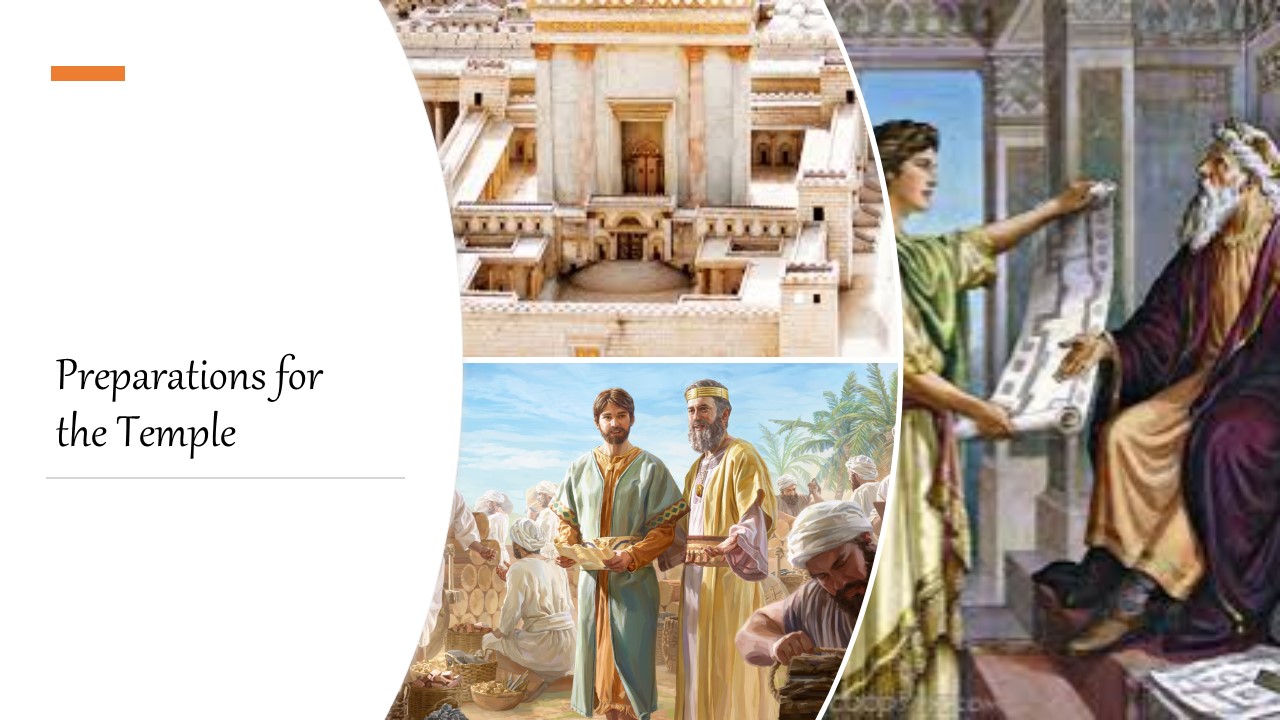In the Book of Proverbs, there's a powerful portrayal of wisdom as an eternal principle that has been with God since time's inception. Proverbs 8:22-31 describes wisdom as being present before the world's formation, playing a pivotal role in the creation process. Wisdom is depicted as a master workman, present with God during the universe's design, highlighting that everything, from galaxies to our DNA, is crafted with divine wisdom. This isn't about wisdom as a separate entity but emphasizes its timeless importance in the divine order. Wisdom rejoices in creation and remains closely intertwined with the world and humanity.
Nature stands as a testament to God's careful design, reflecting His wisdom in every detail. From ecological interdependencies to the precision in natural laws, nature acts as a second book alongside the Bible, revealing God's principles. However, nature also shows signs of sin's corruption, a deviation from God's original design.
Adam and Eve, in their initial state, had a clear understanding of God and nature. But after their fall, their direct communion with God was lost, affecting their wisdom and understanding.
The significance of wisdom, foundational in world creation, should also be foundational in our lives. In a world of shifting opinions, God's eternal wisdom offers stability and deeper understanding. Wisdom should guide our daily decisions, bringing joy through alignment with God's design. As Proverbs calls us to acknowledge God's timeless wisdom, it prompts us to listen intently, pray for insight, and walk humbly, aligning our actions with God's purposes.

In the Western tradition, many phrases and terms from the Bible are utilized as allegory, metaphors, idioms, or simply to describe the characteristics of...

The preparations made by David for the construction of the temple in 1 Chronicles point to the significance of worship and the longing for...

The first twenty years of Christianity can be summed up by two themes: explosive growth and continual conflict. There is no such thing as...